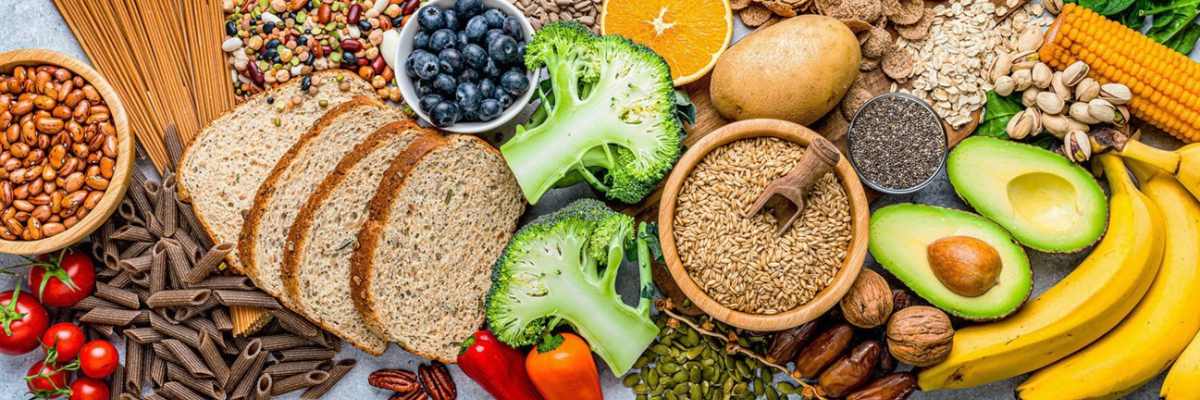Could the foods you are eating be affecting your health?
When I was growing up, I don’t remember many of my friends or their family members being allergic, intolerant or sensitive to different types of food. Fast forward 40 years and you are likely to hear about people with allergies, intolerances and food sensitivities or you may have them yourselves. There can be some confusion regarding these terms, and they are often used interchangeably. Let’s explore the differences between them and what they mean.
A food allergy is the immune system’s overreaction to a normal and harmless substance. It’s an immune reaction where the body produces immunoglobulin E (IgE) antibodies against a protein in a particular food. When we eat the offending food, these antibodies will signal cells, to attack the ‘foreign’ invaders. Histamine will be released, causing an increase in inflammation.
Symptoms are usually immediate and can range from difficulty in breathing, to rashes, sneezing, coughing, runny nose, swelling or hives. Reactions can be mild or life threatening. Food allergies are often identified in childhood but they can develop later in life and are usually lifelong.
A food intolerance is a non-immune reaction and is usually due to an inability to break down and digest a food because of enzyme deficiencies or poor bile and/or stomach acid production. If you are lactose intolerant you have insufficient lactase, an enzyme needed to break down sugars found in milk. Other problematic foods can be legumes, some vegetables, fruits and grains. Reactions can occur 30 minutes after a meal up to 48 hours after eating.
Symptoms are broad and varied. These commonly include gastrointestinal complaints (bloating, cramping, gas, constipation and/or diarrhoea), eczema, joint pain, headaches, fatigue, anxiety and/or sleep disorders. The inability to breakdown our food can lead to inflammation, changes in the gut bacteria and damage to the gut wall, which can lead to immune mediated food sensitivities.
A food sensitivity is an immune reaction driven by IgA, IgG and IgM antibodies. Reactions can occur within a couple of hours or up to 72 hours and are thought to develop due to intestinal permeability, AKA ‘leaky gut’. When the intestinal lining is healthy, it has tight barriers that control what gets absorbed into the bloodstream. This is the first line of defence for our immune system. When we make poor food choices, are stressed, use pain killers, drink alcohol, have an overgrowth of ‘nasty’ bacteria or are deficient in zinc our guts can become leaky. When this occurs, the gut wall that separates the food from the blood and immune system becomes porous and undigested food and other nasties pass through. Your immune system is then triggered causing an increase in inflammation around the gut wall and throughout the body.
The liver and detoxification system will need to remove these toxins and can become overworked. This results in the recirculation of ‘nasties’, which can make us feel bad. Toxins also get absorbed into tissues throughout the body causing more inflammation. The immune system will produce antibodies against the foreign invaders. This is a way of alerting the body that the gut is under attack. These antibodies might be against the casein found in milk or other proteins in nuts, grains, meat or eggs.
It’s important to discern between the different types of food reactions to know how to treat them appropriately. The way to deal with this is to first identify the foods that are irritating your system. The next step is to heal the gut and improve digestive capacity. We all have unique footprints and the time it will take will depend on each individual. Changes do need to be made and adhered to for best results. It can take anything from six months to over two years to desensitise the antibodies for sensitive foods. The good news is that it can be done. I’ve seen many of my client’s health improve enormously by eliminating foods that are not suitable for them. The key is to heal the gut and then they can start re-introducing foods. In my next newsletter I will focus on leaky gut, how to test for food sensitivities and how to do an elimination diet.






